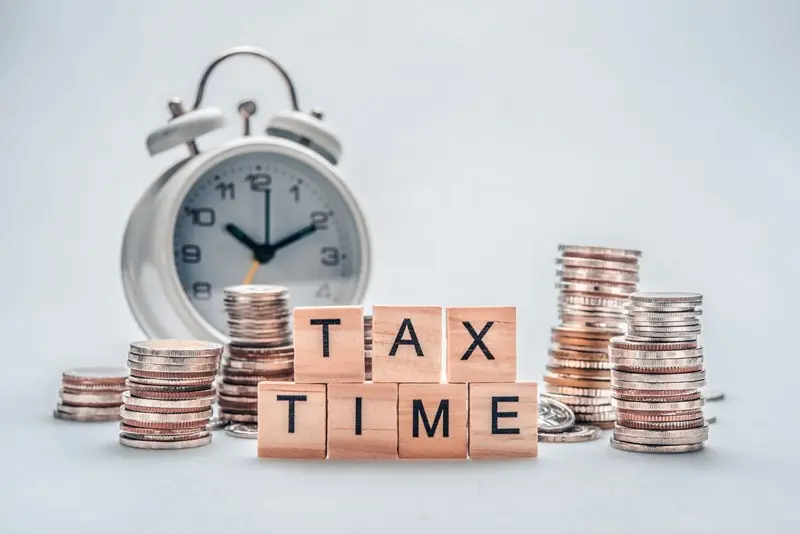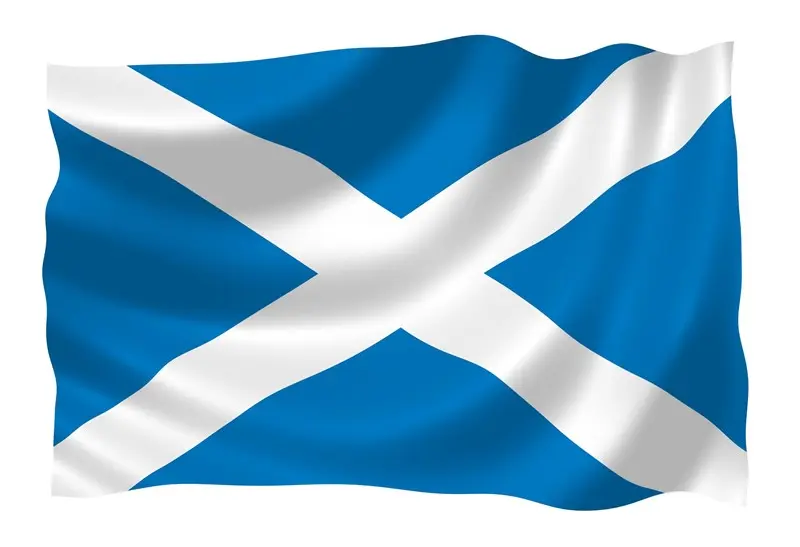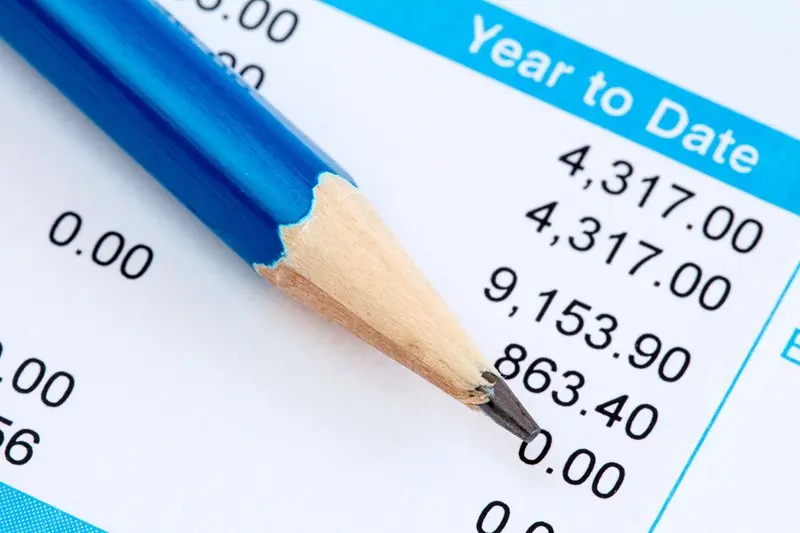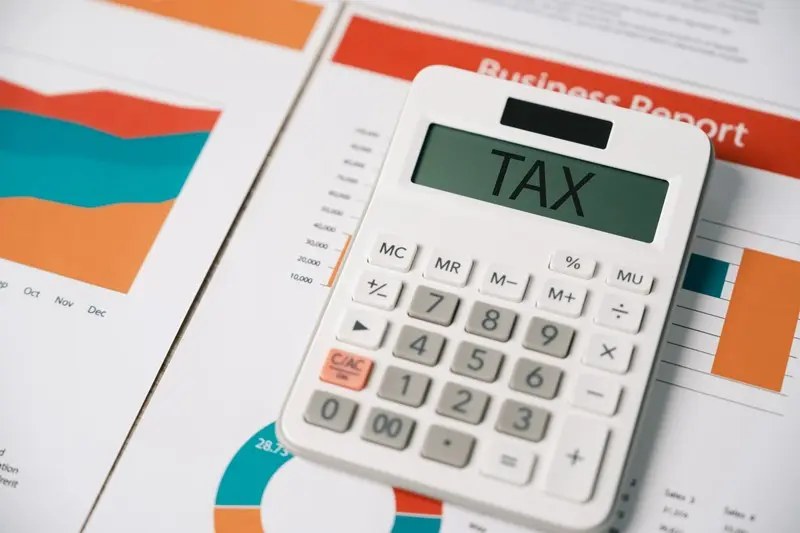Cash-basis default position for self-employed

The cash basis is now the default for self-employed income reporting. Learn about the key updates, opt-out options, and how this simplified method can ease your self-assessment obligations with HMRC.
The cash basis is used by sole traders and other unincorporated businesses to determine their
Claiming Child Benefits online

Over one million parents have now claimed Child Benefit online or via the HMRC app, with 87% of new claims using this speedy service. If you’ve recently had a baby or a child joins your family, applying online ensures you get support quickly—right when you need it most.
HMRC’s Director
Spreading tax payments by using Time to Pay

Can’t pay your tax bill in full by 31 January 2025? HMRC’s online Time to Pay system lets self-assessment taxpayers spread the cost over monthly instalments. With plans available for tax bills up to £30,000, this flexible option can help you avoid late payment penalties.
Those eligible for the
Scottish Budget Statement 2025-26

Scotland’s 2024 Budget delivers on public priorities with investments in services, poverty reduction, and economic growth. Tax rates stay frozen, but bands shift to protect low incomes. A hopeful step forward for Scotland’s future!
Scotland’s Deputy First Minister and Finance Secretary, Shona
No tax changes for online sellers

Selling online? From 2024, digital platforms must report your information to HMRC if sales exceed £1,700 or 30 goods a year. Casual sellers are exempt, but regular traders may need to register for Self-Assessment.
New rules, which became effective from 1 January 2024, require digital platform
Are you eligible to claim the Marriage Allowance?

Could you save up to £1,260 in tax this year? If one of you earns less than £12,570, the Marriage Allowance lets couples transfer unused personal allowances. Don’t miss out on this easy tax break!
The Marriage Allowance applies to married couples and civil partners where one partner does not pay
How to interpret your tax code

The letters in your tax code indicate whether you are entitled to the annual tax-free personal allowance. These codes are updated each year and help employers calculate how much tax should be deducted from your salary.
For the current and upcoming tax year, the basic personal allowance is £12,570.
Landlords with undeclared Income

The Let Property Campaign provides landlords who have undeclared income from residential property lettings in the UK or abroad with an opportunity to regularise their affairs by disclosing any outstanding liabilities whether due to misunderstanding the tax rules or because of deliberate tax evasion.
Making Tax Digital – the next step

The mandatory rollout of Making Tax Digital (MTD) for Income Tax is set to begin in April 2026. MTD for ITSA will bring substantial changes to how businesses, self-employed individuals, and landlords interact with HMRC. The system will require them to register, file, pay, and update their details
How to claim a tax refund

If you believe you have overpaid tax to HMRC, you can typically claim a tax refund for the excess amount. The process for making a claim varies depending on factors such as whether you submit a self-assessment return and how much time has passed since the tax was overpaid.
According to HMRC you may